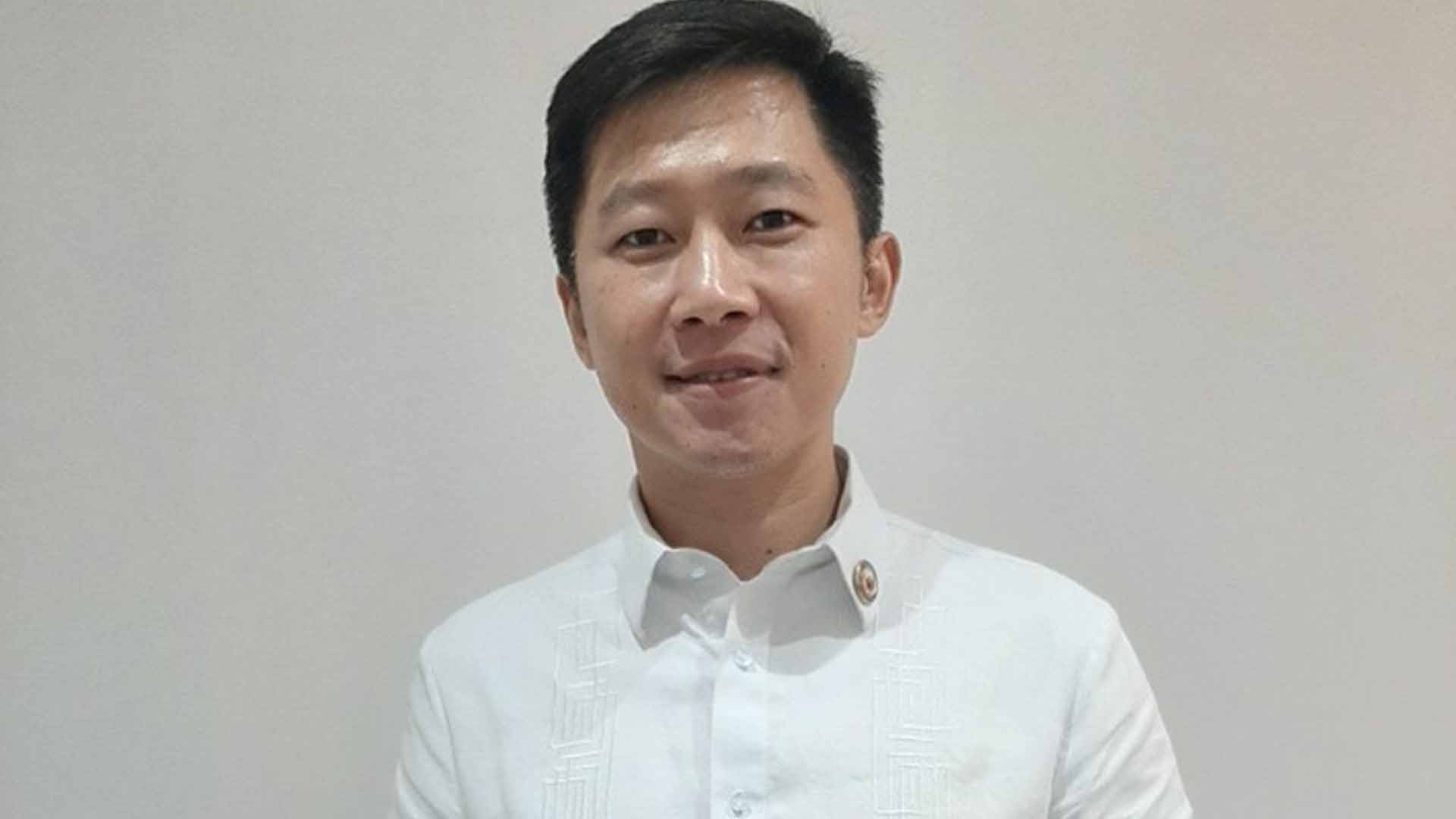Amid the reported influx of undocumented foreign workers in the country, a ranking House member on Thursday urged the government to deputize members of the Philippine National Police (PNP) to apprehend foreigners who could be violating Philippine immigration and labor laws.
In a statement, ACT-CIS Rep. Eric Go Yap said authorizing police officers to conduct random checks on foreigners will be an additional deterrent against violations of Philippine laws, noting that Filipinos abroad are subjected to the same practice by the police in their host countries.
“That is basic for Filipinos working or touring abroad, to always carry our passports because there are countries where the police are authorized to check your papers and your passport to determine if you are allowed to be there in the first place. It is an anti-crime measure and I don’t see any reason why it should not be practiced here as well,” Yap said.
“In train stations, malls, or within the vicinity of their government offices, their police officers can accost us, which is understandable because anybody can be a security threat or maybe illegal aliens. And they are just doing their jobs which is to maintain public order and safety,” he added.
The chairman of the House Committee on Games and Amusements said he strongly believes that applying the same practice here could be a big boost in the campaign against illegal foreign workers employed in the Philippine Offshore Gaming Operation (POGO) industry, who have no pertinent documents required and who do not pay the right taxes.
“We saw what happened to the POGO company in Eastwood and Parañaque because of tax violations. It was a result of a very tedious investigation done by the government. I think random inspections on foreign workers would help in our campaign to track down illegal workers,” he said.
“If a foreigner is found to be in violation, it will give us a lead where he or she is working and, consequently, catch the big fish,” Yap said.
The lawmaker however cautioned against possible abuse by some police officers, proposing that safety nets and appropriate policies should be set in place first.
He said there should be guidelines that the deputized police officers should meet as a basic requirement, and what actions should be taken in the event of an apprehension.
“Maybe we can deputize a special unit from the PNP or set a minimum police rank that will be allowed to have these powers. Then let us lay down the proper course of action if these random checks resulted to apprehensions,” he said.
“It should be an inter-agency effort to determine the proper way to go about it. All of these will have to be discussed” Yap said. (PNA)








